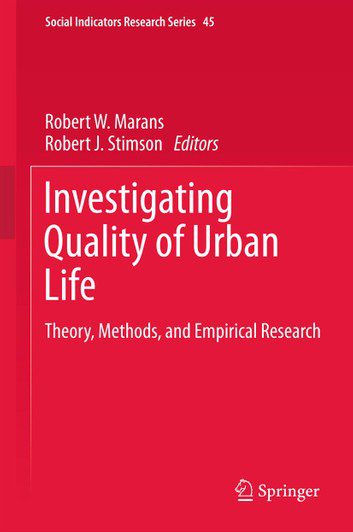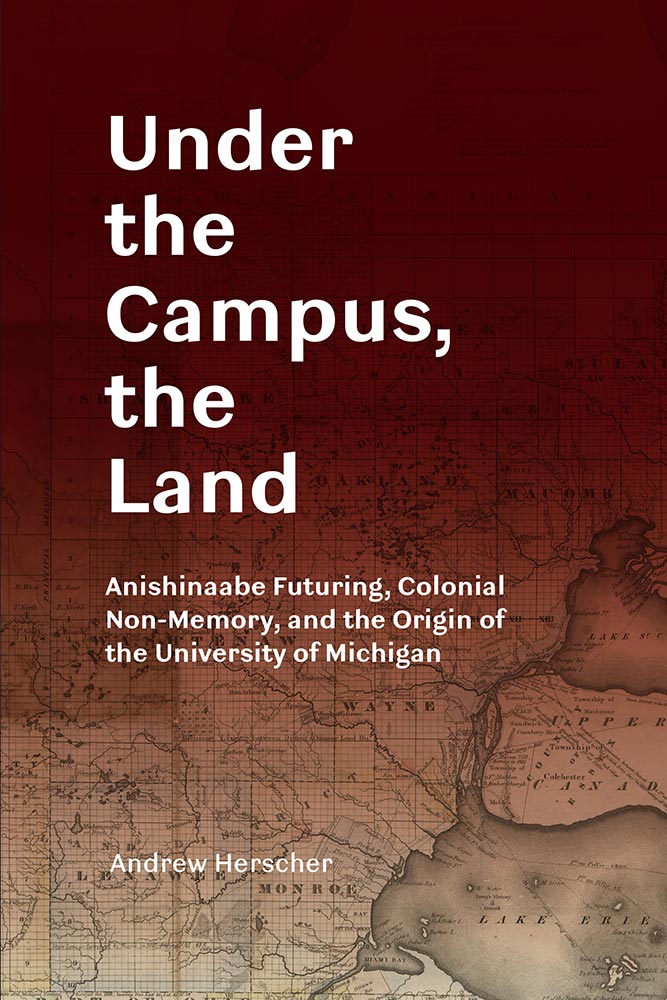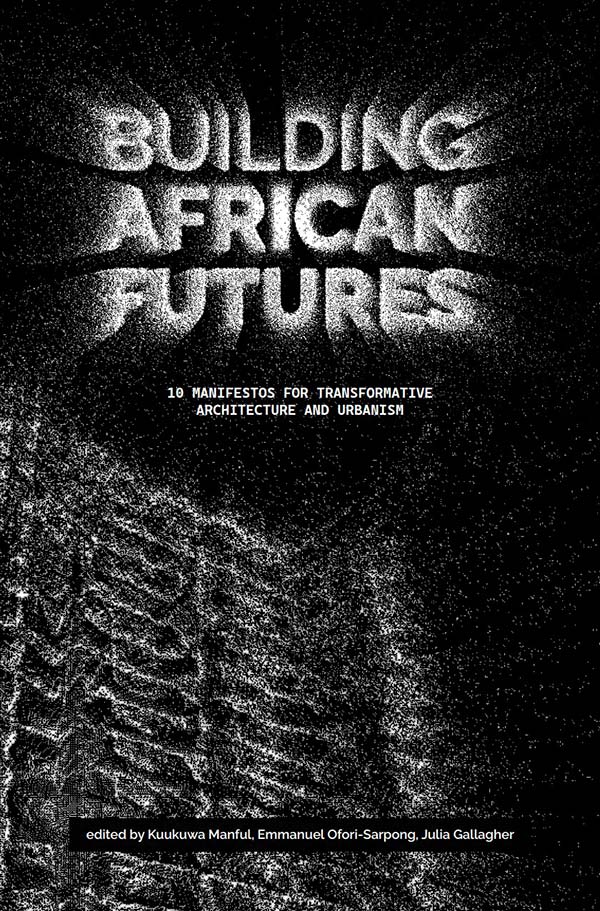
This volume synthesizes past and current, international research on the quality of urban life. It emphasizes the contributions of the urban environment to the overall well-being of residents living in urban areas ranging in scale from small cities and their hinterlands to metropolitan regions. The term urban environment refers to the socio-physical aspects of urban living ranging from individual dwellings and neighborhoods to public services (i.e. transportation, rubbish collection, etc.) to neighbors and community organizations. The work emphasizes not only perceptions of and behaviors within urban environments but the actual conditions to which individuals are responding. The research covers both the subjective and behavioral aspects of urban living as well as the objective conditions which drive them.
Drawing on collaborative research with a broad group of researchers in a variety of settings around the world, the book incorporates theoretical and methodological approaches to the conceptualizing and measuring of quality of life. It covers research designs that are based on both the analysis and modeling of aggregate secondary data and on the collection, analysis and modeling of primary survey data on subjective urban quality of life.









